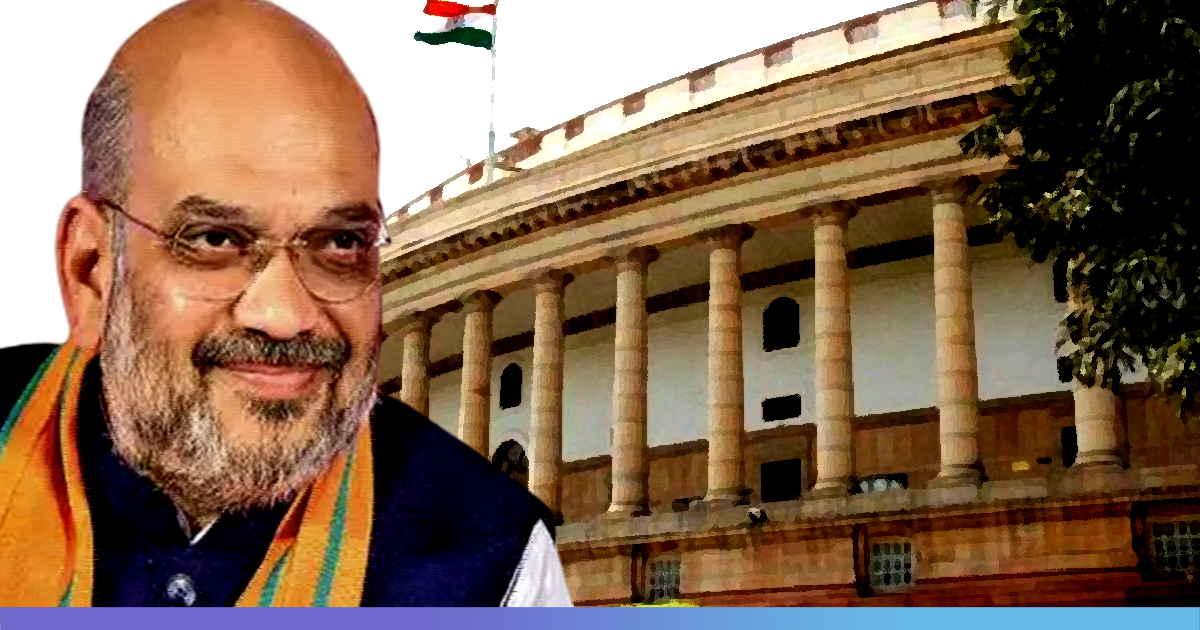The Lok Sabha passed Citizenship Amendment Bill (CAB) on Monday which seeks to provide citizenship to Hindu, Sikh, Christian, Buddhist, and Parsi refugees fleeing religious persecution from Bangladesh, Afghanistan and Pakistan. The Bill was passed 311-80 with zero abstentions after the opposition mounted a spirited offensive.
Spanning over 7 hours, the debate saw nearly 48 MPs participate. Amit Shah called the Bill ‘historic’ that sought to complete what the ‘Nehru-Liaqat Pact couldn’t do.’ Manish Tewari meanwhile, warned that the government was committing a ‘big mistake.’
Responding to Indian National Congress’s criticism that the bill was ‘communal’ and ‘divisive’, Shah said the BJP had to bring the bill because Congress had partitioned India in 1947 on religion lines. Noting how the Muslim population had increased from 9.8 per cent to 14 per cent, Shah said the bill wouldn’t affect Indian Muslims or their rights.
On the Opposition’s contention that the bill was violative of the constitution, Shah replied that citizenship can be granted under the principle of reasonable classification and there was no violation of Article 14. Tewari remarked that Article 14 doesn’t allow for treating equals unequally.
On repeated questions regarding NRC, Shah said it would be done soon.
On questions from the opposition as to why the government was excluding Myanmar, Sri Lanka and Nepal from the purview of the bill, Shah replied that this was because they weren’t theocratic states. Noting how citizenship was given to refugees during partition, 1971 war and Sri Lankan conflict, he mentioned that intervention on citizenship has always been specific to a problem.
Shah maintained that Northeast will remain unaffected by the bill. He announced that Manipur would be exempted from its purview as the Inner Line Permit (ILP) regime will be approved for it. The Bill keeps out of its ambit all ILP states — Arunachal Pradesh, Mizoram and Nagaland — and the Sixth Schedule regions in Tripura, Assam and Meghalaya. While the majority of Northeast parties supported the bill, Sikkim Kranti Morcha opposed it, demanding safeguards similar to those given to N-E states.
The North-Eastern states have been up in arms with the North East Students’ Organisation announcing a shutdown against CAB on Tuesday. The safeguards are largely being viewed as cosmetic and attempting to divide tribal and non-tribal people.
Also Read: Explained: How New Citizenship Bill Will Pave Way For ‘Hindutva Version Of Pakistan’ In India











